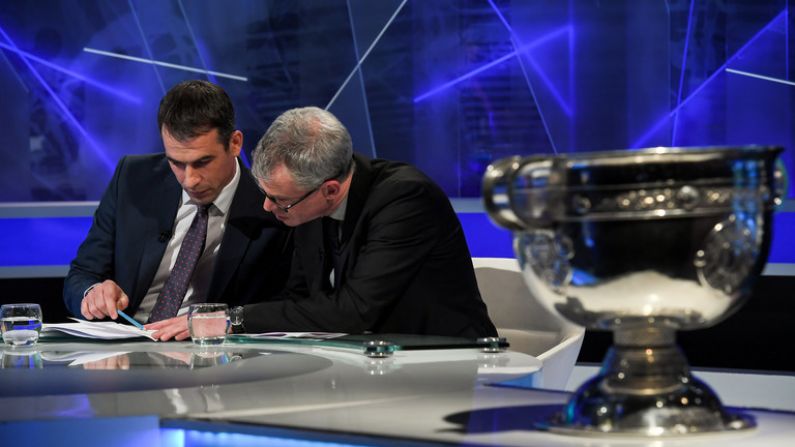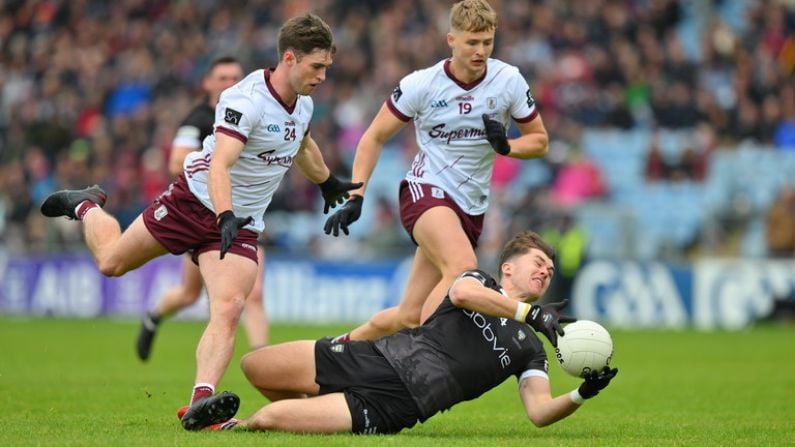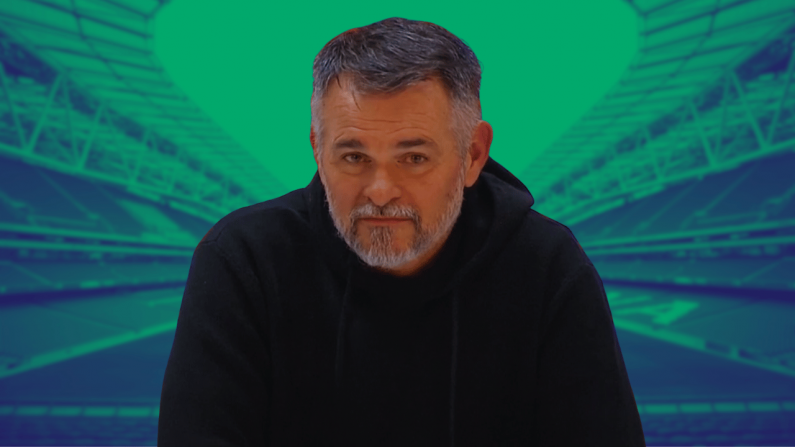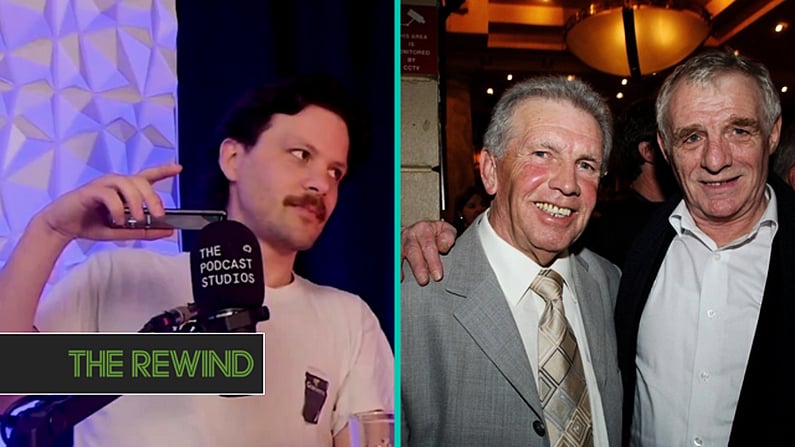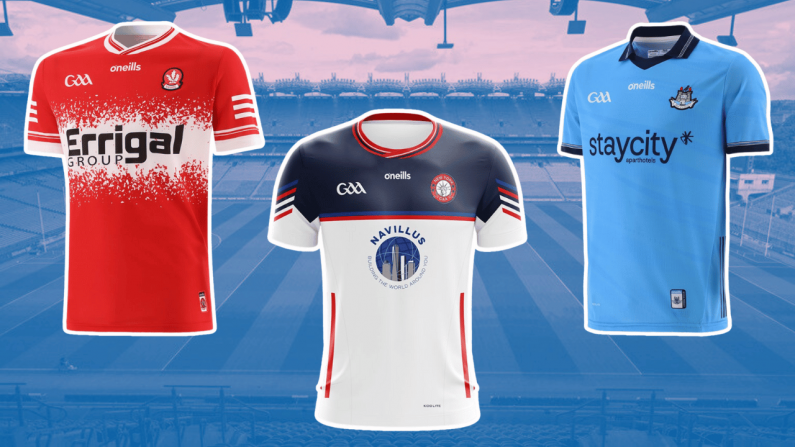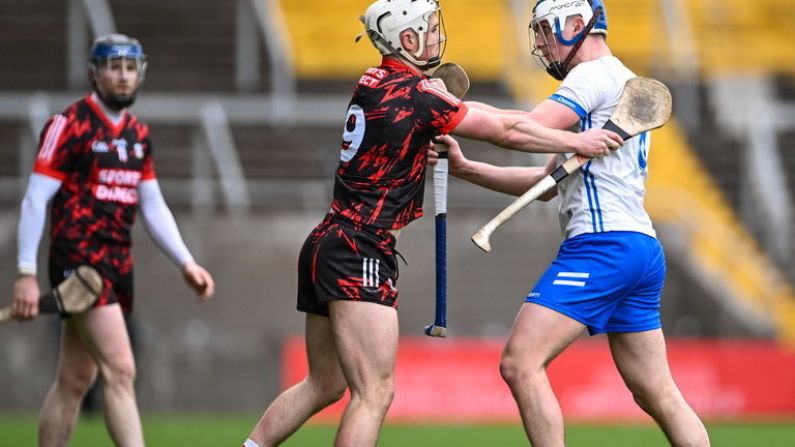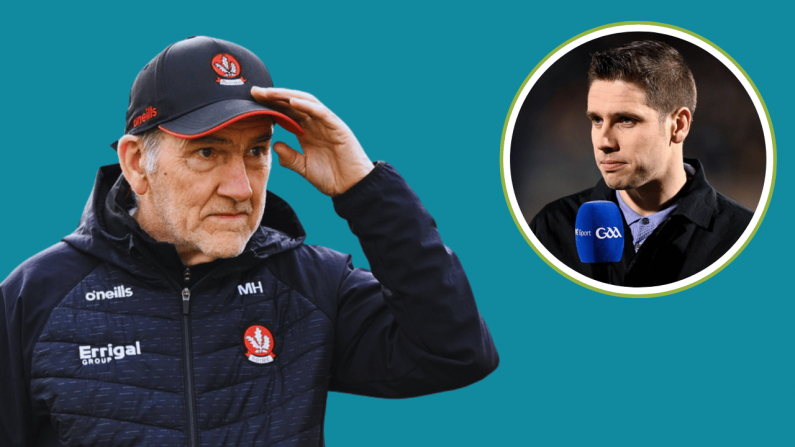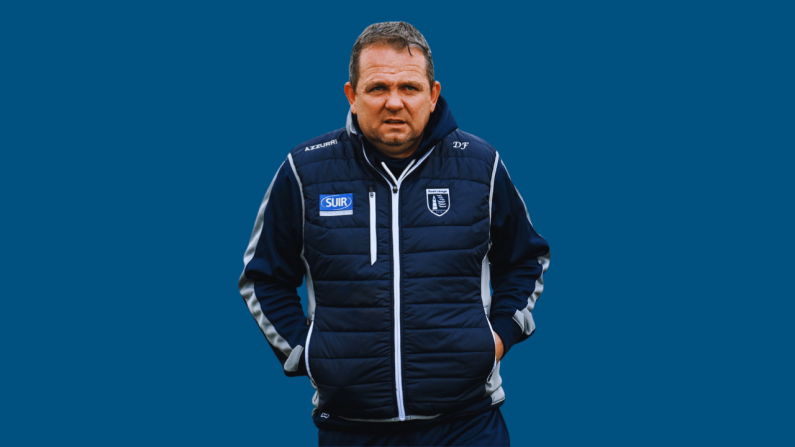Winter Talk, the catch-all title for the sheafs of newspaper columns and hours of radio minutes dedicated to analysing the state of the GAA in the absence of intercounty games, while occasionally wearing, is a good thing; that the fundamentals of the GAA are always open to criticism and debate is healthy.
Although the GAA lopped a few weeks off this winter, the Winter Talk seems to have burbled along for longer than ever. Paraic Duffy's incipient departure has given added incentive for reflection, with the GAA largely scorned for a drift toward elitism, reaping money and sowing disenchantment among the counties outside of the top few and disenfranchisement at the lowest level.
Among the cited topics in the arguments above relating to football are The Sky TV deal; the new Super 8s format ;a fixture schedule and calendar that might have been designed by Flann O'Brien; the absurd demands on county players; the absence of demand on club players; payments to managers; and restricted, fear-addled styles of play.
The Association would be in a far poorer place without the media's calling out these trends.
But at some stage, the media needs to take a look at themselves and at the role they are playing in enabling this drift to elitism.
Sunday night furnished an uncomfortable microcosm.
Not only did League Sunday fail to broadcast any footage of games from Divisions 3 and 4, they didn't so much as read out the results.
This isn't intended as a series of criticisms of RTE. Their sports department likely doesn't have the budgets to match their intentions, and not reading the results of the lower leagues is probably an oversight that will be corrected next week. But nonetheless, it speaks to a deeper, implicit issue in the coverage of the GAA. Too often, the preponderance is on Division One and the elite few.
This is a much a problem for Balls.ie or any other outlet in Ireland as it is for League Sunday.
There will always be commercial arguments that favour covering Dublin, Mayo, Kerry, and Tyrone instead of those lower down the food chain the subtle airbrushing of weaker counties from the picture leaves only the elite. And while it is a difficult balance to strike, it is something worth aiming for.
The direct manifestation of this is the stagnation of the football championship.
Duffy chimed with the public consensus that the football championship needs to be segregated, with the county boards who refuse to yield to this widely derided as being needlessly resistant to necessary change.
But weaker counties not so much as getting a mention on RTE's flagship league highlights show breeds conservatism. If the Tommy Murphy Cup returns in another guise, what kind of publicity will these counties get? How can a county board fund games in their counties without promising sponsors nationwide exposure?
Carlow's Daniel St Ledger echoed these concerns on our So-Called Weaker Podcast, which is covering the National Leagues from the point of view of the counties that escape national attention.
I can see the merit in a completely tiered championship - like at club level, with senior, intermediate, and junior. But on the flip side of that, it could be completely forgotten.
At the end of the day, the media has a huge interest with the top four or five teams, and on Sunday night the [lower tier] results weren't even mentioned.
That's why you'll see so many pulls from Division Three and Four managers against a tiered championship. It's not because we want to be going out getting hammered by big teams, but it's because we don't want to be forgotten, and stay relevant.
Carlow are a compelling case not to split the football championship, in fact. They were among the best stories of last year, mainly because they were operating in proximity to the elite. While they won three championship games in the same season for the first time in 73 years, they beat three sides who were among them in Division Four months previous - Wexford, London, and Leitrim. That they did this among the existing format snaffled hearts locally and attention nationally.
In reality, football in virtually every county in the country would improve if sides of a similar standard were regularly pitted against each other, with the net result the narrowing of divisions at the top.
Beyond this, the tone of much of the existing coverage of the elite helps to breed the cynical, professional mentality to win at all costs, which is festering at the heart of the Association. An obsessive pursuit of silverware deprives the intercounty player of spare time and leaves the club player with nothing but empty, summer hours.
It is also the reason that so many games are spoiled by cautious, defensive styles of play in which players' natural flair is curbed.
There will always be a fierce will to win in the GAA, but the media consistently magnifies the consequences of defeat. There should always be place for criticism, but when it veers into the realm of the gratuitous and unfair, it merely heightens the need to get the subsequent result above all else to keep criticism in abeyance.
Joe Brolly encapsulates this, infuriatingly. He writes and speaks authoritatively and brilliantly of Gaelic football's deepest issues, yet undermines it with some August armchair bloviating.
In last week's Sunday Independent, Brolly was lamenting the restrictions placed on players by modern coaches, claiming that "the point of the game is to play with adventure", praising Dublin as they "have the confidence to take the risks necessary to win big, because the coach gives them the licence to fail".
Yet how to square that the hyperbole of his deriding of the Mayo players as "celebrity losers" ahead of the 2016 All-Ireland final?
A media which exaggerates and exacerbates the consequences of defeat has to take some responsibilities for a culture in the sport which places avoiding defeat above all else.
A good newspaper, we are told, is a nation talking to itself.
The GAA media would greatly benefit from occasionally taking a look at itself.
The So-Called Weaker Podcast is a new Balls GAA podcast covering the National Leagues from the perspective of the teams who probably won't win the All-Ireland. Episode One features Carlow's Daniel St Ledger on dealing with new found-expectation and the GAA's attitude to Division Four teams and Daithi Regan basking in The Return of Offaly Hurling. Subscribe on iTunes here or by searching 'Balls.ie Podcasts' wherever you get your pods.

